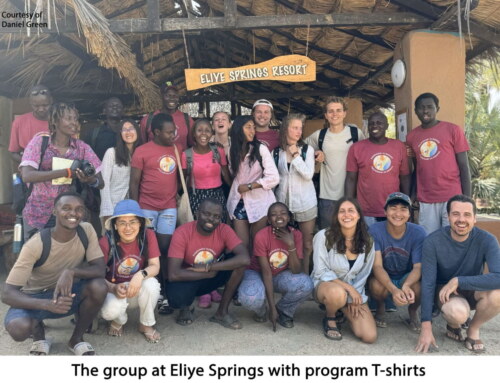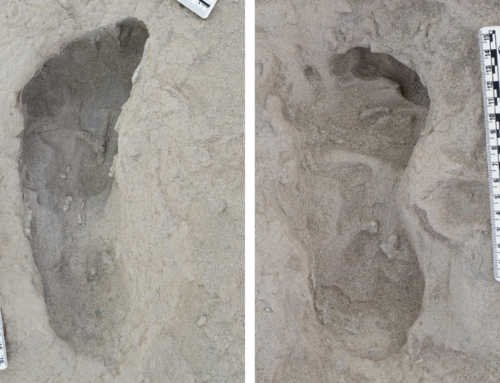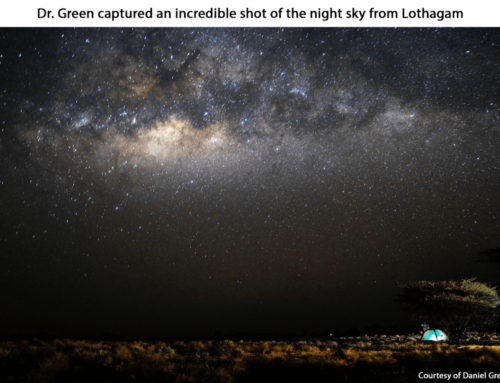Winfred Wambui Mbogo is a Kenyan lady who is very passionate about human evolution. Her journey began in 2010 when she enrolled at the University of Nairobi to pursue a Bachelor of Arts degree in Anthropology. She realized that anthropology was misconceived in Kenya and rarely did students get encouraged to pursue the course. People were always curious to know why she chose such a program and did not have much confidence that she would make a career out of her choice.
She enjoyed the diversity of the program, but the Primatology and Physical Anthropology courses stood out for her, and she intended to pursue a career in Physical Anthropology . After graduation, Winfred worked in social, behavioral and health research. She joined Turkana Basin Institute as a field school resident director in 2019. While working in that capacity, she interacted with the instructors and different researchers who had projects in the Turkana Basin and she came to the realization as a Kenyan, it was possible to become a Physical Anthropologist. She also had the opportunity to work on some of the fossil collections at the Turkwel station both in the laboratory and the field.
“TBI completely changed my perspective through the tremendous research that had been going on for decades in the Turkana Basin. Studying human evolution in Kenya seemed quite impossible where none of the universities offered a comprehensive masters or PhD program, but there I was, looking at all the amazing fossils that I was not aware of before. It was a light bulb moment!” remarked Winfred.

Winfred Wambui Mbogo at work in the field. Photo / David Gottlieb
She decided to consult with some of the instructors about her options to pursue a PhD and Dr. Dino Martins, Executive Director of the Mpala Research Centre and the lead Ecology Module instructor in the Origins Turkana Basin Institute Field School, recommended Stony Brook University’s Anthropological Sciences program which was certainly the best option. She also consulted with Dr. Richard Leakey who was very encouraging of the idea. She later applied for the Leakey Foundation Baldwin Fellowship which would be helpful as she began the PhD program.
“It is such a great honor to receive the Baldwin Fellowship. I do not think any number of words would be enough to express my gratitude. I am looking forward to the learning process and sharing my research as it progresses. I would like to go back to Kenya after my PhD and be part of the team that is already pioneering the development of an Anthropological Sciences curriculum,” said Winfred. She intends to study the evolution of inner ears in anthropoids, and will be working with Dr. Isaiah Nengo, of Stony Brook University and Dr. Fred Spoor of the Natural History Museum, London.
“I would like to appreciate everyone who has been supportive through the process and for believing in me,” were her conclusive words.





